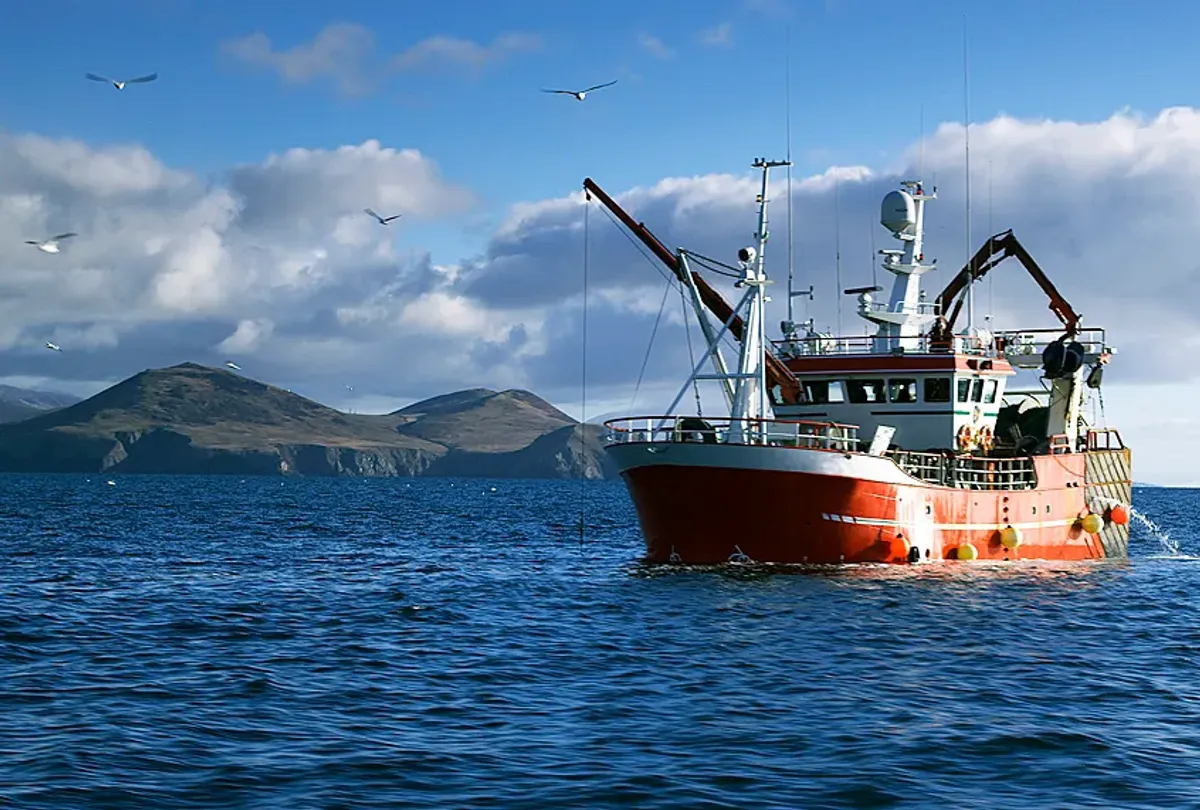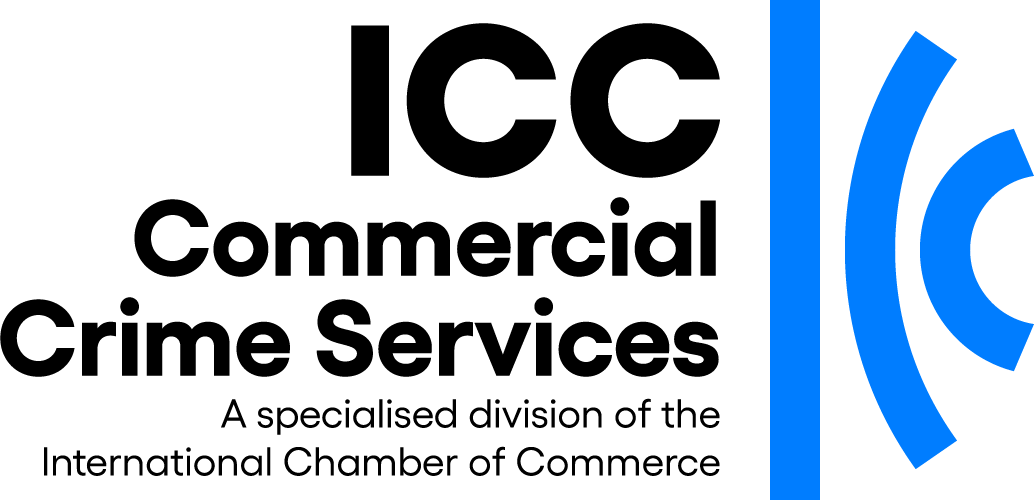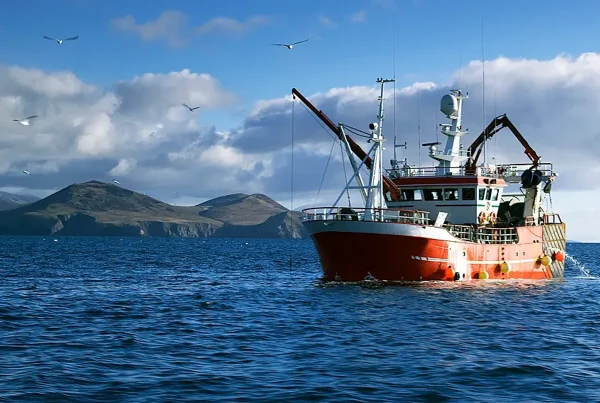

The amount of estimated proceeds of crime currently being recovered in the EU is low; with up to 98.9% not confiscated, a recent report titled Does Crime Still Pay? Criminal Asset Recovery in the EU has revealed.

The amount of estimated proceeds of crime currently being recovered in the EU is low; with up to 98.9% not confiscated, a recent report titled Does Crime Still Pay? Criminal Asset Recovery in the EU has revealed.
The first of its kind, the report shows that from 2010 to 2014, 2.2% of the estimated proceeds of crime were provisionally seized or frozen. However, only 1.1% of that was finally confiscated at EU level.
The report, by Europol’s Asset Recovery Unit in cooperation with the Asset Recovery Offices of EU Member States, estimates that the annual value of provisionally seized or frozen assets in the EU is around €2.4bn, with about €1.2bn finally confiscated. Of all seized assets, around 50% are ultimately confiscated.
“The fact that so few seized assets are ultimately confiscated may be due to a loss in the value of assets during proceedings that often take too long, or due to difficulties in proving the illicit origin of assets and ensuring the final confiscation of the assets,” the study said.
It adds, “Overall, these figures show that there is a need to improve the collection of information across EU Member States to identify and understand the main trends and patterns.”
It also points out that while Member States have shown a growing interest in identifying and quantifying the amount of seized and confiscated assets at EU level, providing a comprehensive picture remains challenging, mainly due to the differences in the organisation and structure of the EU national agencies and between national legislations.
Nevertheless the report says that cross-border cooperation between law enforcement agencies and Europol to trace and identify criminal assets has significantly improved in recent years, with more than 1,000 asset recovery investigations being carried out within the EU in 2015.
Despite this increase and more effective cooperation additional work needs to be done, including:
| • |
Strengthening financial investigations at national level, in particular in relation to organised crime activities; |
| • |
Increased investment in resources and training; |
| • |
Collection of statistical information at central level; |
| • |
Digitalisation of confiscation orders |
| • |
Creation of a register for seized/frozen/confiscated assets with information on location and value, to enhance tracing of assets in foreign countries; and, |
| • |
Collection of information on court decisions. |
The Europol report comes at a time when there have been moves within the EU to tighten the screws on financial crime following the Panama Papers revelations.
From 2017, tax and law enforcement agencies from EU Member States will be required to exchange data on company beneficial ownership registers and new registers of trusts.
The OECD has also called for additional steps to ensure all countries enforce global standards set out by the Global Forum on Transparency and the Exchange of Information for tax purposes.
ICC Commercial Crime Services (CCS) welcomed the report saying that any effort to enhance cross-border cooperation and information sharing is encouraging.
“These measures will ensure more effective investigations of financial wrongdoing as this is the big data law enforcement needed to identify and stem economic crime.”
More details about CCS’ work in tackling financial crime can be found at https://icc-ccs.org/icc/fib






